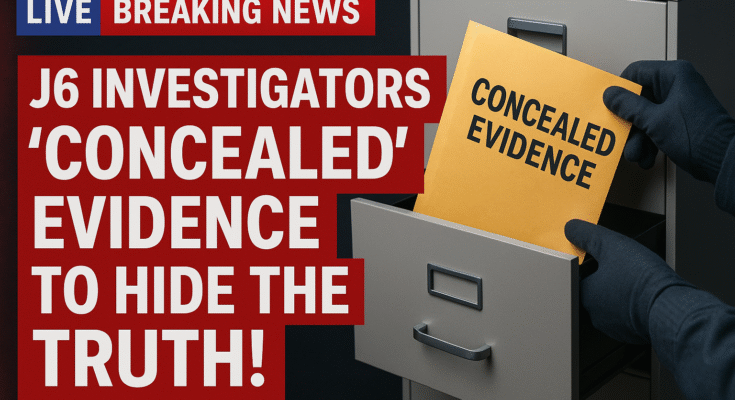A new report from the House Administration’s oversight subcommittee, chaired by Barry Loudermilk, has sent shockwaves through Washington. The report alleges that the Department of Defense (DOD) intentionally concealed evidence and delayed the National Guard’s response during the events of January 6th.
Key Allegations from the Report:
- Intentional Delay: The subcommittee claims to have uncovered evidence suggesting the DOD deliberately postponed the deployment of the D.C. National Guard to the Capitol. This delay, according to the report, lasted for a crucial two-hour period.
- Inspector General Complicity: The report goes further, accusing the DOD Inspector General of being complicit in this concealment. It alleges the Inspector General’s office knowingly downplayed the extent and cause of the delay to protect DOD and Pentagon leadership.
- Misleading Timelines: The investigation highlights discrepancies in official accounts. For instance, never-before-seen footage reportedly shows the Secretary of the Army claiming at 3:18 p.m. that the National Guard had the “green light” and were “moving.” However, the Army’s own timeline indicates the Guard did not physically leave the Armory until 5:00 p.m.
- Selective Witness Inclusion: The subcommittee is deeply concerned that key individuals, including National Guard Major General William Walker and his legal advisor Colonel Earl Matthews, who testified that the response was delayed by senior DOD officials, were intentionally not interviewed by the DOD for their initial report.
- False Statements and Inaccuracies: The oversight report points to numerous flaws and inaccuracies in the DOD Inspector General’s initial findings, which had concluded the DOD’s actions were “appropriate” and “reasonable.” The subcommittee refutes this, citing failures to investigate critical communication breakdowns and the Guard’s preparedness, especially given recent rehearsals for civil disturbances.
- DOD Response: The DOD Inspector General’s office responded to discrepancies by stating that witnesses might have different recollections of stressful, fast-paced events and that the frenetic pace could explain a lack of memory. The subcommittee finds this explanation insufficient, especially regarding the alleged invention of a critical phone call.
Calls for Correction and Transparency:
In light of these findings, the House Administration committee is rejecting the DOD Inspector General’s report and is formally requesting a published correction. The committee emphasizes the need for an accurate historical record, particularly for the thousands of congressional staff and members who were directly affected by the events of that day.
Broader Concerns about Agency Accountability:
This controversy unfolds against a backdrop of increasing scrutiny over the accountability of federal agencies. In a separate but related development, FBI Director Christopher Wray and Homeland Security Secretary Alejandro Mayorkas recently declined to appear publicly before a Senate committee for an annual hearing on threats to the nation. This marks the first time in 15 years that agency heads have refused such a public appearance, drawing criticism from senators on both sides of the aisle who argue the American people deserve transparency. Senator Gary Peters stated that their refusal robs Americans of critical information and that the American people deserve transparency and accountability. The agencies claimed they could only relay such information in a classified setting. This has drawn criticism, with some asserting that they are required by law to testify and are unfit for office.
These developments raise serious questions about the actions of key government institutions during a critical moment in American history and the willingness of these institutions to be held accountable. The coming weeks and months will likely see continued investigation and demands for answers.



